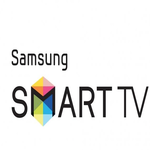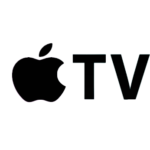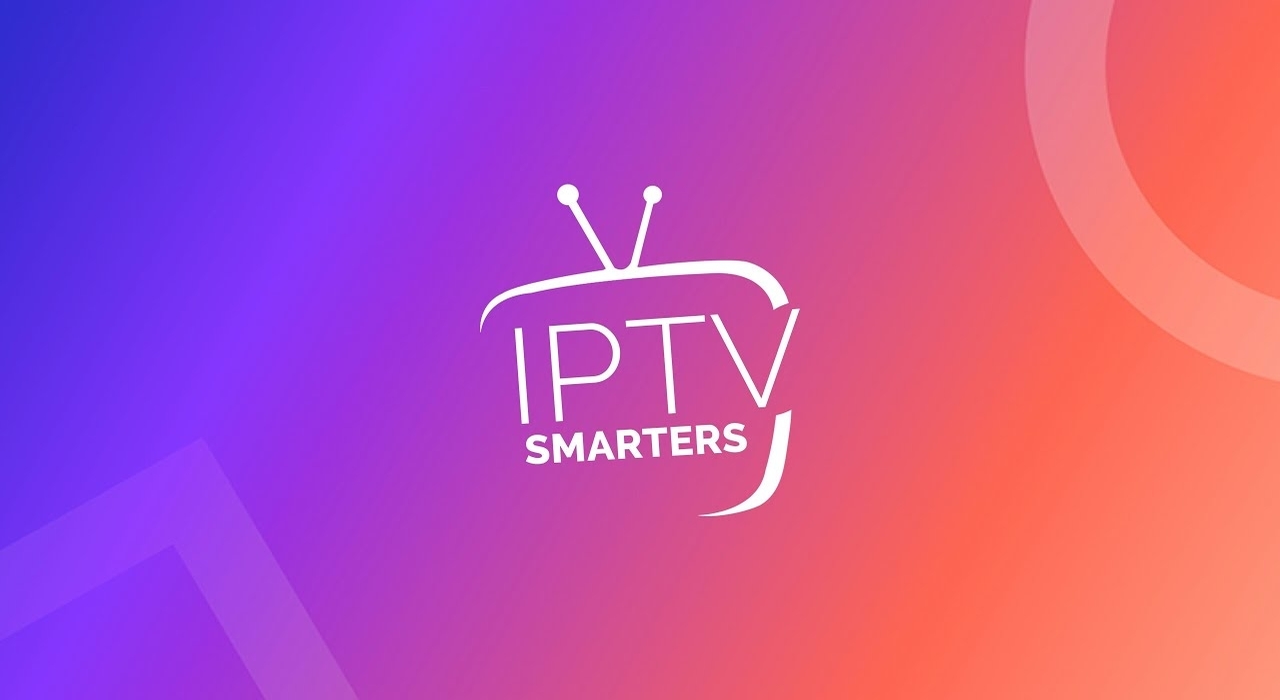
IPTV SMARTERS PRO DEVICES
The most powerful and fastest Premium hosting servers for all modern devices smartphones, smart TV, Android, MAG 25X, STBs, computer and tablet.

SMART TV
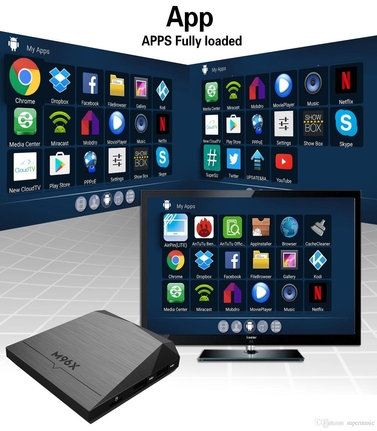
ANDROID BOX
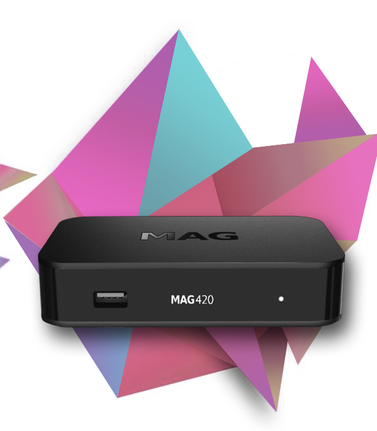
MAG BOX
IPTV SMARTERS PRO PLAN
Join thousands of satisfied customers using Our service IPTV globally.
1 MONTH
10€
- Over 45.000 Channels
- Movies & TV Shows
- Support All Devices
- TV Guide (EPG)
99.9% Uptime
3 MONTHS
19€
- Over 45.000 Channels
- Movies & TV Shows
- Support All Devices
- TV Guide (EPG)
99.9% Uptime
12 MONTHS
45€
- Over 45.000 Channels
- Movies & TV Shows
- Support All Devices
- TV Guide (EPG)
99.9% Uptime
6 MONTHS
29€
- Over 45.000 Channels
- Movies & TV Shows
- Support All Devices
- TV Guide (EPG)
99.9% Uptime
Compatible with

